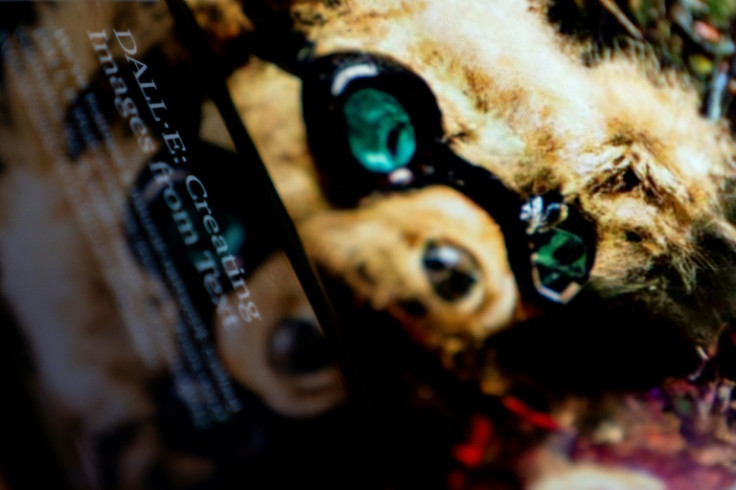New Generation Of AI Goes To Hollywood
Artificial intelligence's (AI) transformational power is profound, and we've seen several watershed moments in the past few months – especially in the field of Generative AI.
For example, ChatGPT, a text based form of Generative AI, and DALL-E, a digital image based form of Generative AI, have recently taken the industry by storm and are dominating the news cycle when it comes to talking about where AI is headed. Generative AI is a type of artificial intelligence system that relies on machine learning algorithms to understand the nature of, and then generate new digital text, images, audio and video. The advancements have meant a seismic shift in technology — away from traditional development and towards something entirely new, changing technology as we know it.
Generative AI is impactful in its ability to create and not just predict. Until very recently, there were no use cases for generative AI and it was largely ignored. Generative AI has captured the imagination of users around the world leading to huge advances in a very short time period. This rapid advancement has created a market opportunity and companies are rushing in, researching and applying the tech to film, art, and literature. A small handful of pioneers who identified the generative AI opportunity years ago have created commercially successful products that implement the technology at scale.
Revolutionary approach to film dubbing
While ChatGPT is focused on producing human-like conversations via text, there are now advanced Generative AI technologies for video that are solely focused on the film and entertainment industries. Neural network film labs, such as Flawless, are utilizing Generative AI to seamlessly adjust facial movements and sync audio to make it look like an actor is speaking a new language, breaking down language barriers and allowing billions of consumers access to content in their native language. This relatively simple use of this technology is poised to transform nearly every dimension of Hollywood – from the financial models and labor dynamics to how an audience thinks what's real or fake in a film.
AI has fascinated Hollywood for nearly half a century. Current advancements in technologies are now helping filmmakers save money in post-production. Traditionally, reshoots have been extremely costly and time-consuming. With generative AI technologies, filmmakers now have the capability to change dialogue of previously filmed material without having to bring back all of the cast and crew, by utilizing AI Reshoots as seen in the theatrical release of the film Fall.
Beyond the cost-effectiveness of such technologies, accessibility is allowing filmmakers to share stories as they were meant to be and preserve the performances of actors and how the directors planned for the story to be told, reaching audiences around the world in a more intimate way without sacrificing the film's authenticity
The future
Generative AI has the ability to profoundly impact humanity, consciousness and creativity with leaders in the space such as Meta's Yann LeCun going as far as calling it the most interesting AI-related technology of the last decade. With leaders in cinema, science and software collectively coming together to utilize these technologies in a sensible way, we'll start to see the emergence of Hollywood 2.0, where AI is used for good and for all.
(Nick Lynes is the co-founder and co-CEO of Flawless.)

© Copyright IBTimes 2025. All rights reserved.





















